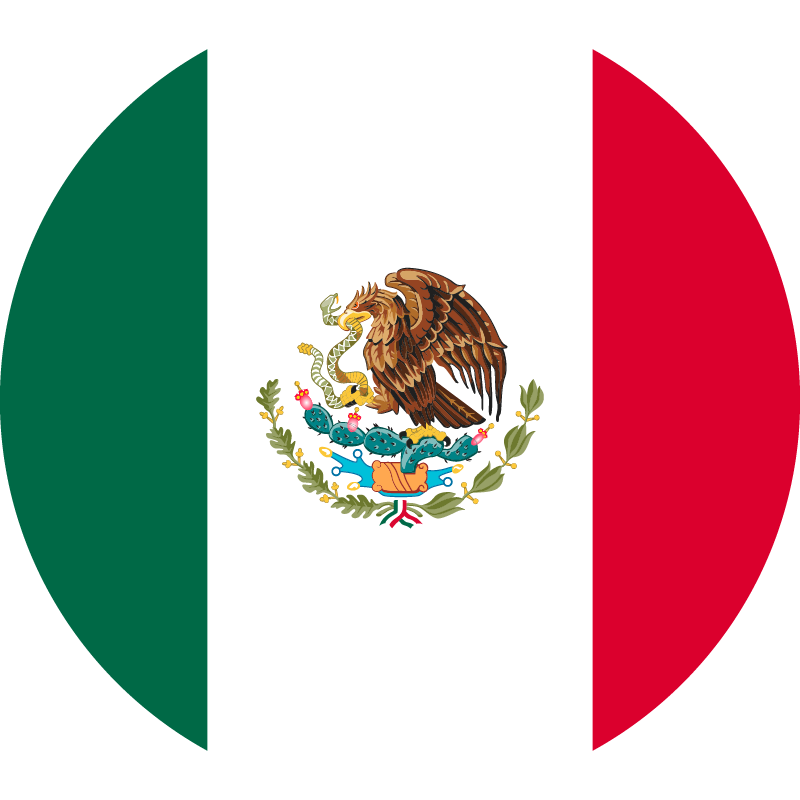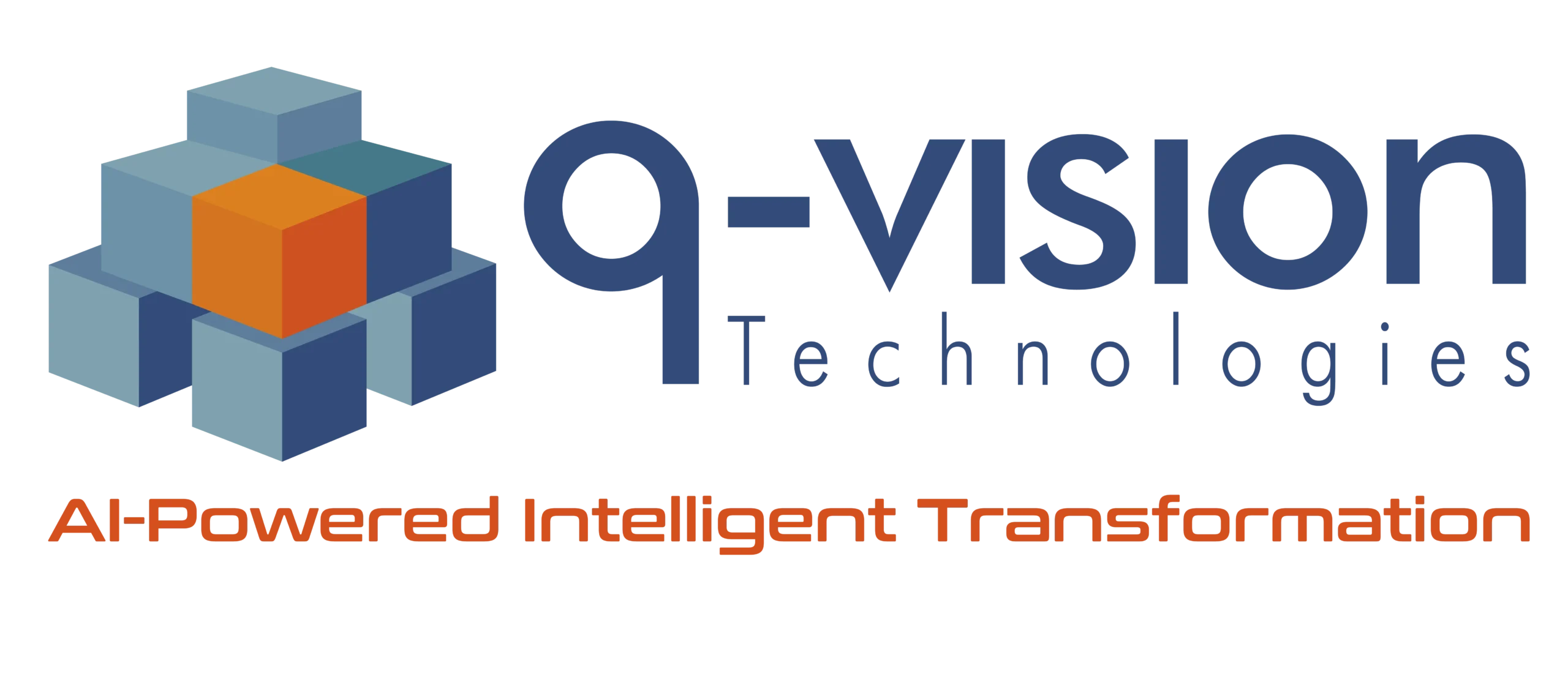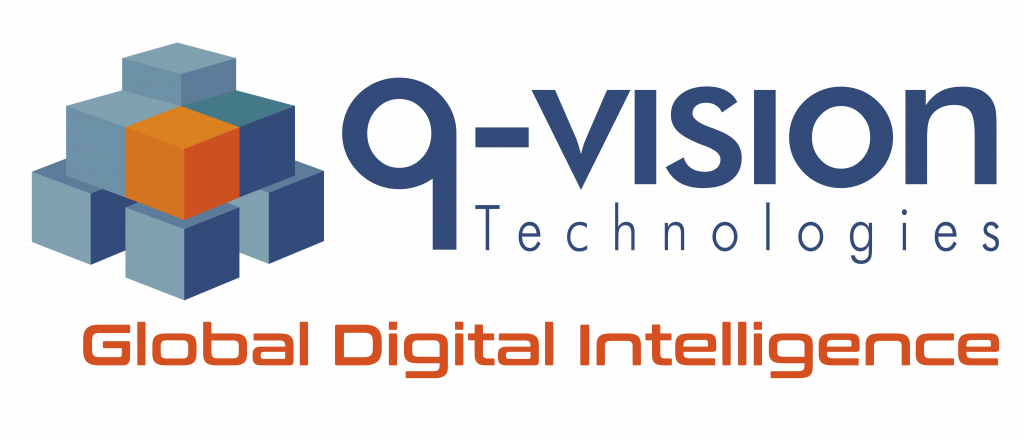1. Strengthening trust with transparent and accountable solutions
One of the biggest challenges artificial intelligence faces worldwide is user distrust. Opaque algorithms, biased models, or poorly implemented systems can generate inconsistent—or even unfair—outcomes. Q-Vision is uniquely positioned to bring trust to the business and government adoption of AI, with an approach rooted in ethical standards and strong expertise in technology quality assurance.
From auditable models to personal data protection, Q-Vision can partner with both public and private institutions to ensure AI projects align with clear principles of digital governance, bias prevention, and decision traceability—especially in sensitive sectors such as finance, healthcare, retail, and education.
2. Closing gaps through AI-as-a-Service and modular solutions
Ecuador’s technological reality shows inequality not only across industries but also across regions. Many companies lack the technical or financial capacity to launch large-scale AI projects from scratch. Here, Q-Vision’s managed solutions and cloud-based tools provide an affordable and scalable path to democratization.
Through modular cloud platforms, AI-driven automation, and advanced analytics applied to sectors like logistics, agribusiness, and public services, the company can deliver concrete results without requiring partners to invest in costly infrastructure or storage. It’s a model designed to close gaps, not widen them.
3. Investing in local talent as the long-term engine of innovation
The human factor is the cornerstone of any sustainable digital transformation. Ecuador faces a major challenge in training and retaining specialists in data science, machine learning, and software ethics. Q-Vision has both the capacity and responsibility to actively help reduce that gap.
Through training programs developed by IzyAcademy, companies can accelerate local talent development, create job entry pathways for young professionals, and ensure that AI is not just an imported solution—but a collective creation built from within the country.










